The Women In Optometry advisory board is made up of 12 female optometrists and leaders of the industry. Board members bring their unique perspectives and experiences in their conversations with WO editors.
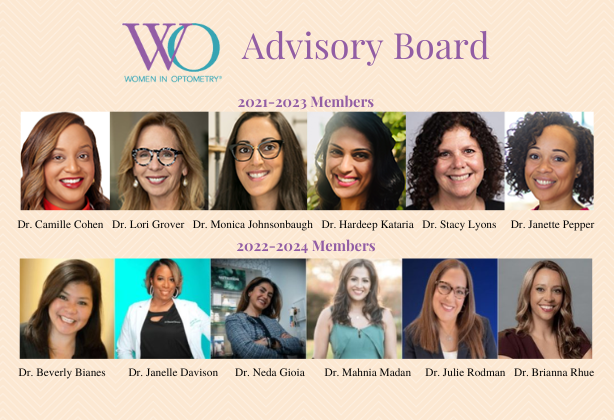

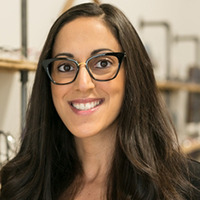

Monica Johnsonbaugh, OD, of Focus 313 Eyecare in Grosse Pointe, Michigan, often speaks to optometry students across the country. She reminds them that it’s okay to not “know their exact plans by the time they graduate. It was a culmination of my practice experiences and modalities that ultimately gave me the desire and courage to open my own practice.”
She says students should let themselves discover their passion within the industry; their interests will evolve over time and as new possibilities appear. “Use each opportunity to learn,” she advises. “Learn how to be the best practitioner you can be; learn how to communicate effectively with staff and industry professionals; and learn the business aspects of optometry. The learning never ceases, so take every opportunity to develop your dream career into your reality.”
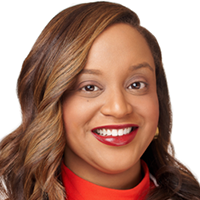

Camille Cohen, OD, FAAO, with a Pearle Vision practice in Brooklyn, New York, says she wishes she had believed as a new graduate that “only the dreams that scare you are worth pursuing.”
“I attained the dreams I initially set for myself, in school, and found a place of stagnation and boredom,” Dr. Cohen says. But the pandemic jolted her out of that space. “Optometry is a phenomenal profession that should never feel dull. The pandemic propelled me on a roller coaster adventure of new realities and I am extremely grateful for the experience.” Earlier, her aspiration for opening a practice, earning a fellowship or completing certain projects seemed out of reach to her. But the only thing holding her back was her own mind, and she now tells optometry students to “dream the impossible dream.”
BULLISH ON THE FUTURE
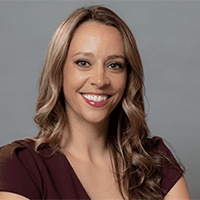

Brianna Rhue, OD, FAAO, FSLS, founder of Dr. Contact Lens and a practice owner in Fort Lauderdale, Florida, looks forward to seeing what the future of optometry holds. She hopes to continue to bridge the gap between industry and practicing optometrists and says the opportunities within the industry are endless. “It is important that we continue to push the path forward into the future for our patients and our practices, and when we do this and support new endeavors, everyone wins.” Dr. Rhue often connects with others in the industry to share ideas and come up with solutions for everyday issues, including myopia management, dry eye, aesthetics and even rediscovering their own passion for delivering the best care.
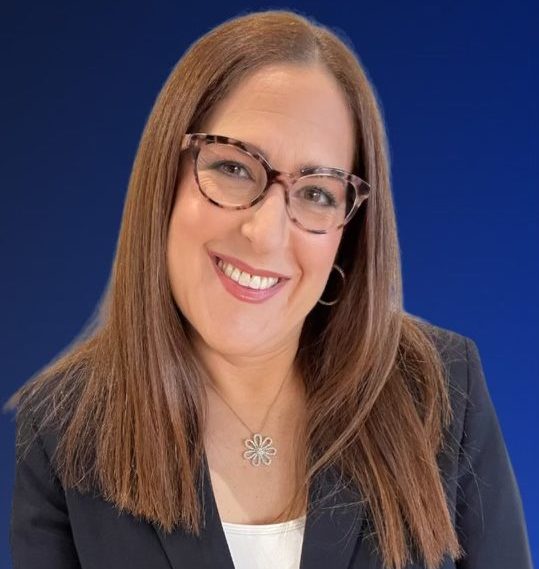

Julie Rodman, OD, MSc, FAAO, a professor at Nova Southeastern University College of Optometry, says the need will only grow with the population. “As ophthalmologists become more specialized, optometrists lead the way as primary eye care doctors.” She sees the scope of practice growing and evolving nationwide as optometrists spread their reach to underserved areas, both locally and around the globe. She says new and exciting technologies will “continue to evolve, allowing us to diagnose diseases at earlier state and really change the course of a patient’s disease. I am so proud to be an optometrist. Our future is bright.”
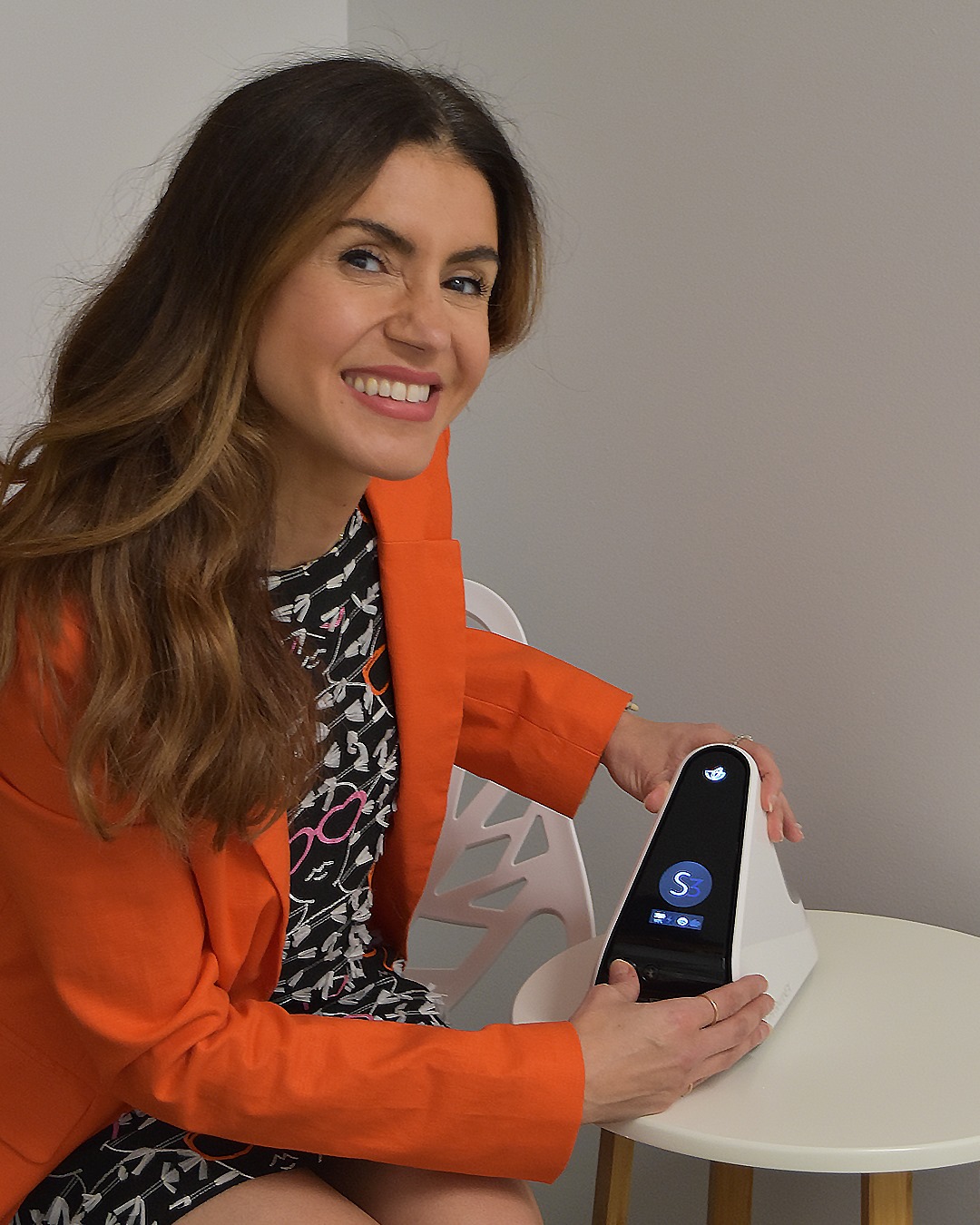

Neda Gioia, OD, CNS, FOWNS, of Shrewsbury, New Jersey agrees. Owner of Integrative Vision, a practice that combines traditional optometry with nutritional counseling, she says, “The future of optometry has so much potential” for expanding into other disciplinary scopes, including nutrition and helping patients navigate their overall health journey. “Advancements with artificial intelligence, wearables and virtual capabilities will also allow easier accessibility to underserved communities.”
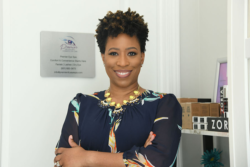

Janelle Davison, OD, of Brilliant Eyes in Smyrna, Georgia, recommends being ready for curveballs, in your professional or personal life. Surprises are inevitable, but she encourages doctors to be ready for plans to “get thrown out the window” and learn to roll with it instead of letting it throw you off course. Dr. Davison is also excited to see the inclusion of diversity and equal opportunity being extended throughout the profession and to younger students. She was excited to see Keisha Elder, OD, MS, FAAO, be named the first black female dean of University of Missouri-St. Louis College of Optometry. However, “more needs to be done to adequately identify the gaps in leadership positions where diverse representation is lacking, and more constructive dialogue is needed.” She hopes 2023 will bring just that.
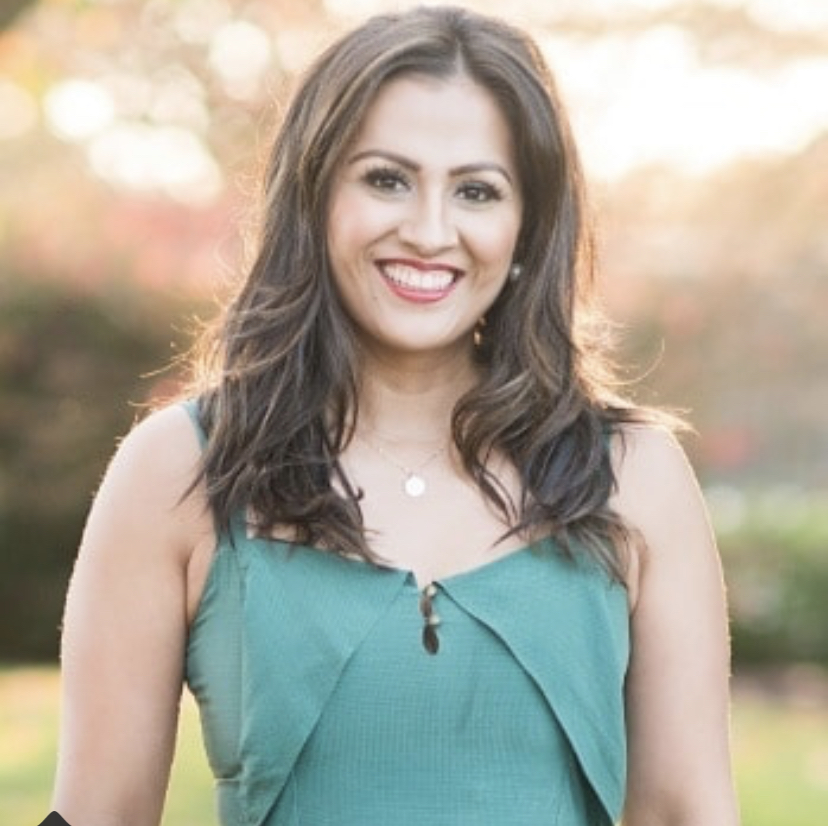

Mahnia Madan, OD, FAAO, a dry eye disease specialist in Vancouver, British Colombia, Canada, has found that concentrating on a specific field within optometry has led to higher career satisfaction. “Find your niche,” Dr. Madan advises. “Whether it is ocular disease, dry eye management or specialty contact lens fitting, find something you are truly passionate about and focus your energy.” She also recommends getting involved with your industry network in order to stay up-to-date with the constant changes in the industry. “It’s important to be involved in the initiatives to help shape the future of optometry,” Dr. Madan says. She says it’s important to “support your local optometric association” and that going to local and national meetings is of great value. “The meetings provide a huge opportunity to network with peers. I learn so much when I go to these meetings– not only from CE lectures, but also from talking with my peers.”



